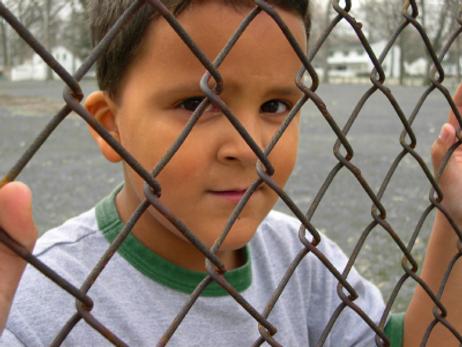In an attempt to stop school closures across New York City, teacher unions are taking their case to the courtroom. Union members have called the closure of 24 schools a “sham,” used by the mayor and his team to oust teachers by stripping them of their contractual rights. City officials have said the closures are necessary for raising the education bar throughout the city and have denounced union members as obstacles in providing the best quality of education to New York City students.
The Plan to Close Schools
The school closure plan was put into place last month when the Panel for Educational Policy voted to close 24 under-performing schools over the summer. According to a report at NY1, new schools would immediately open to replace the closed schools this fall, with schools meeting in the same buildings under new names and leadership. Teachers and principals who have been working in those locations up to this point will have to reapply for their jobs in the new schools next year. City officials predict only about half of current staff will be rehired, with the rest made up of new applicants.
Because the buildings will technically house new schools, contractual obligations with the current staff of the old schools will not apply. This allows the city to move forward with plans to get rid of ineffective teachers, replacing them with stronger applicants. The union has no intention of allowing this plan to go through unhindered, stating that the






















